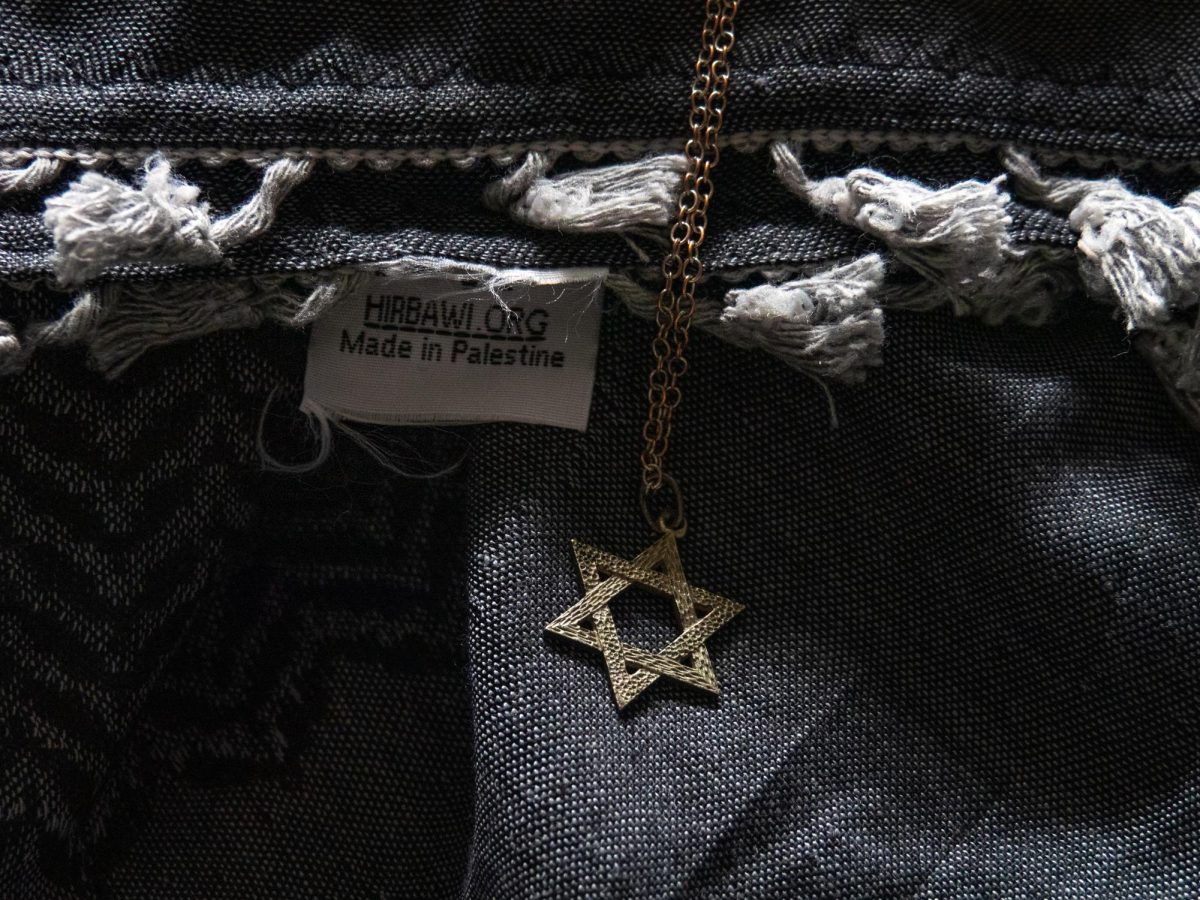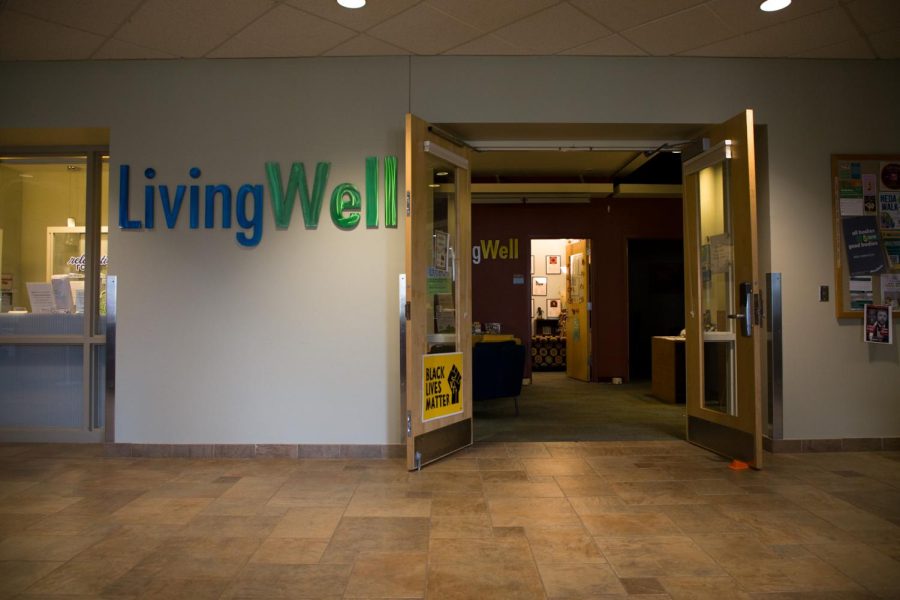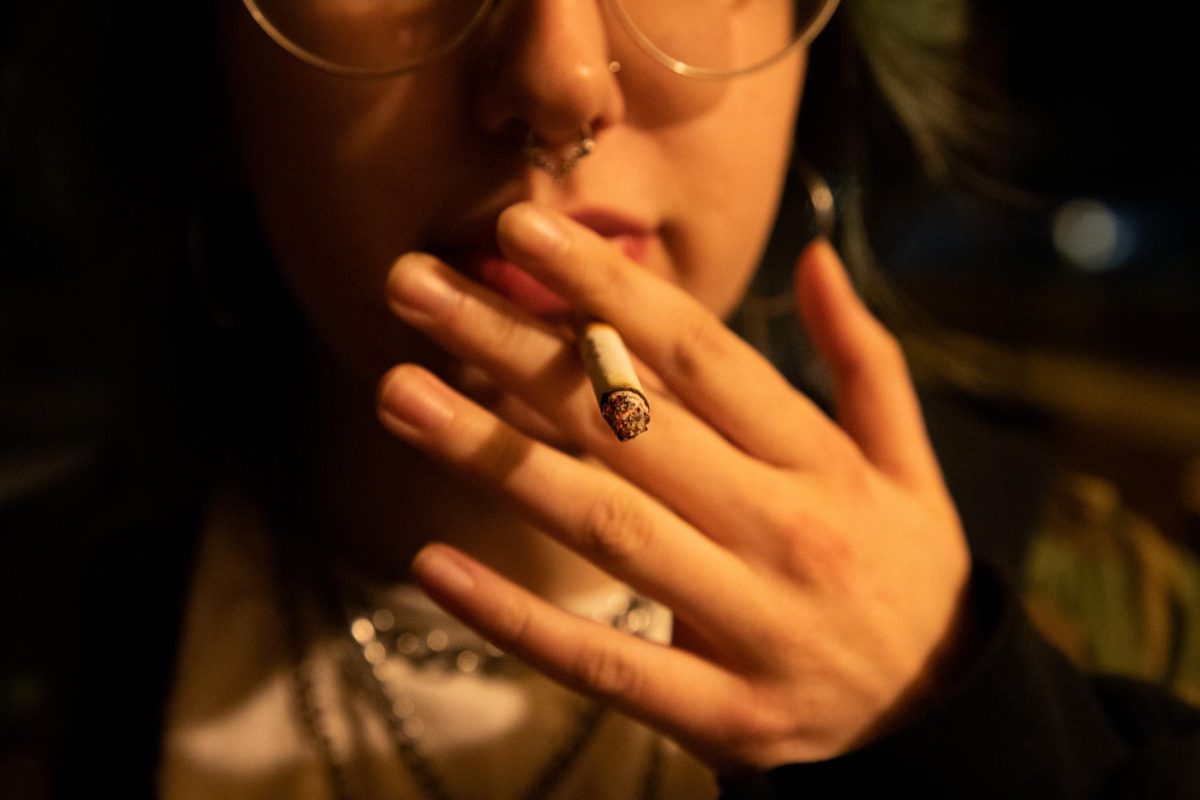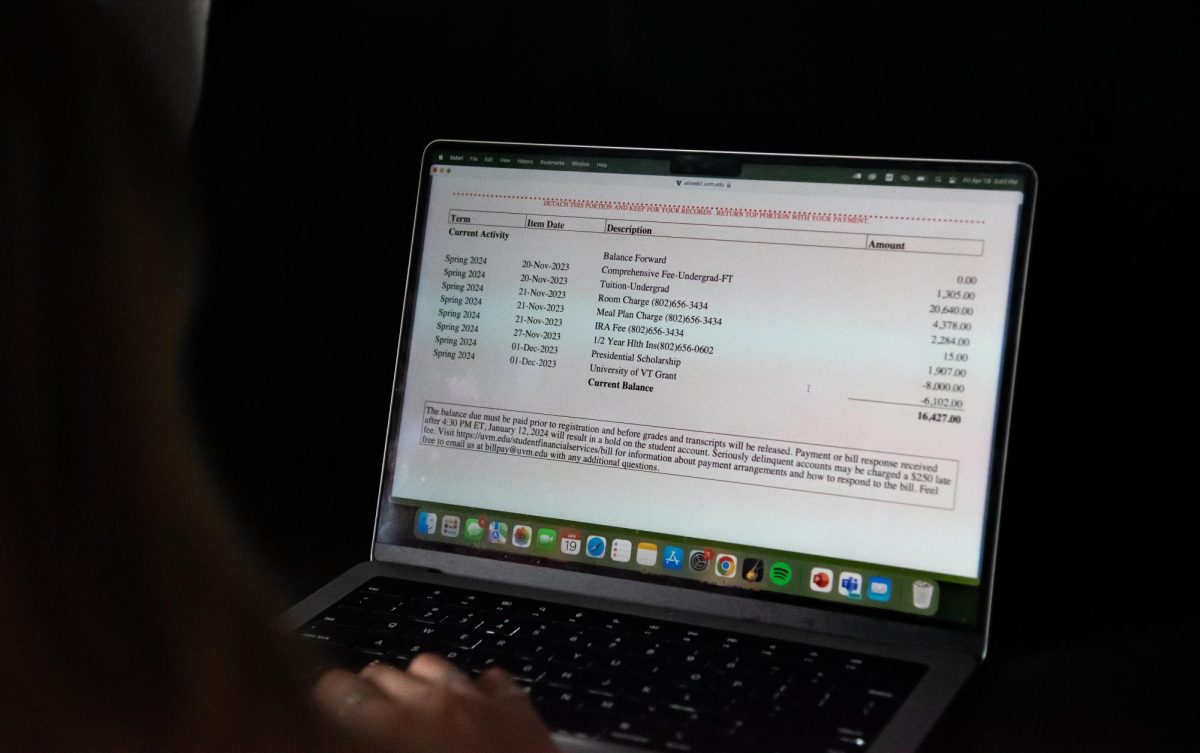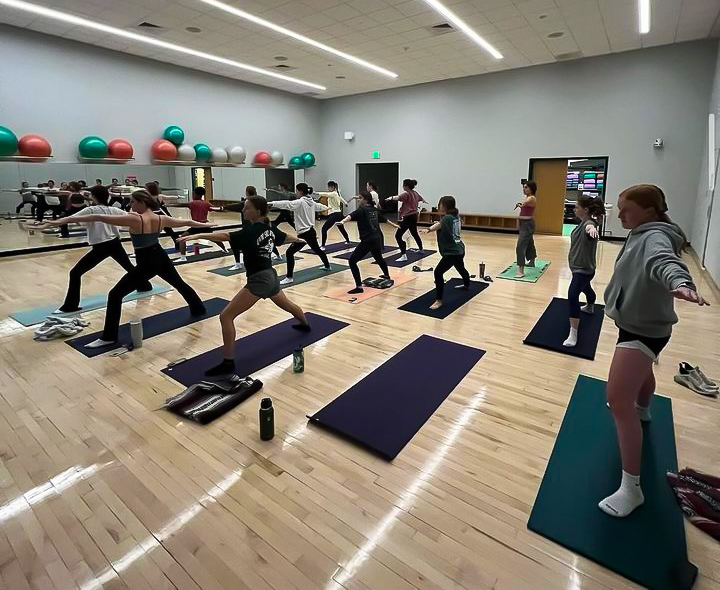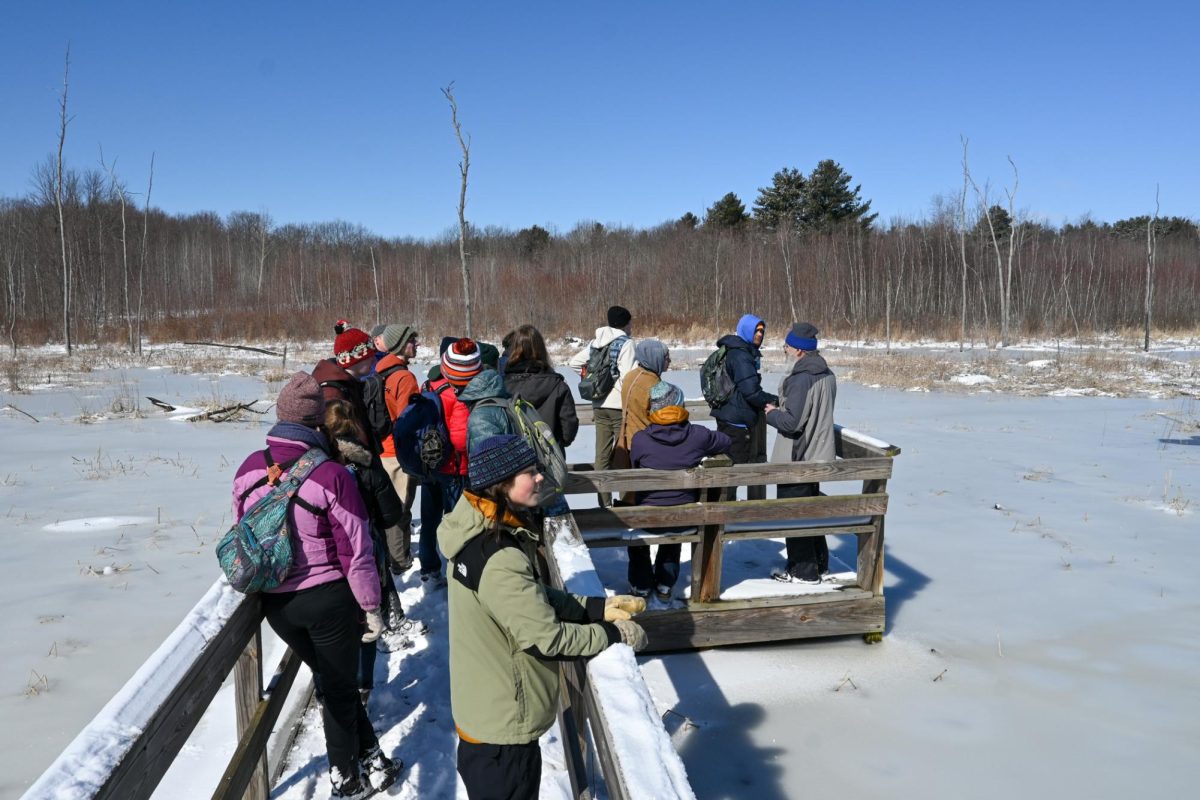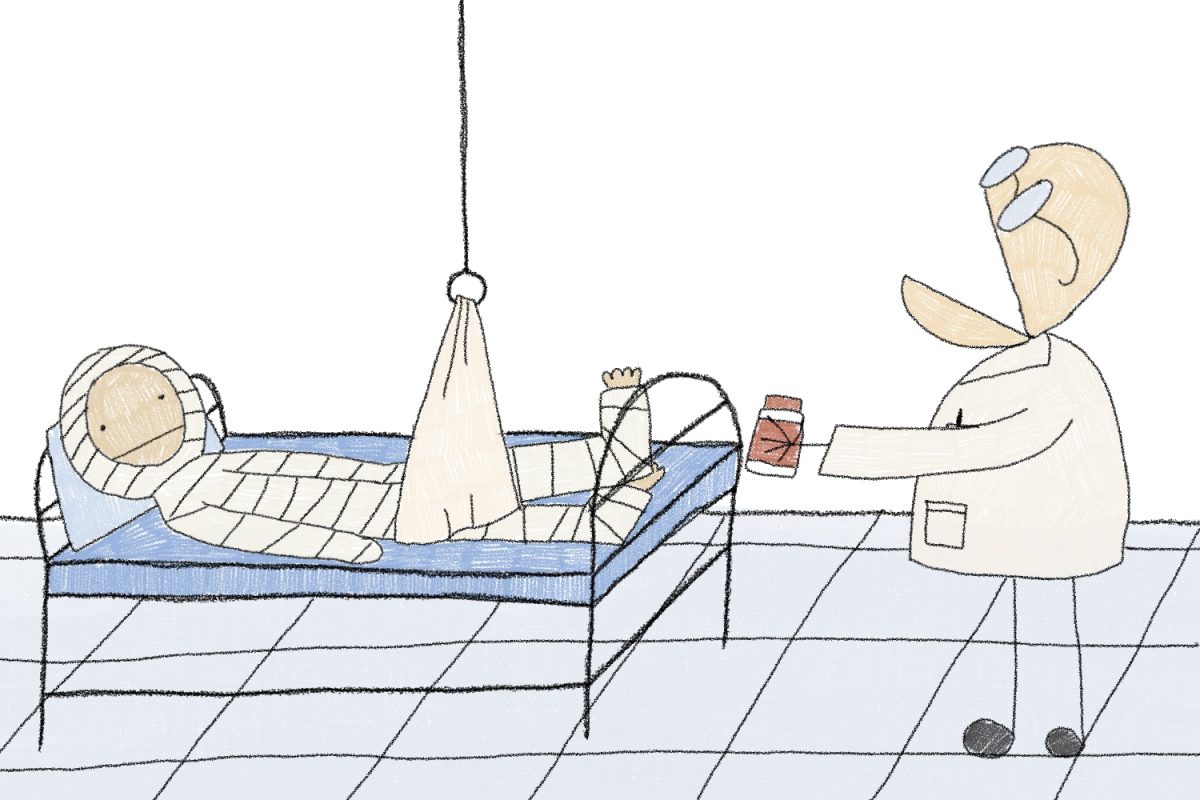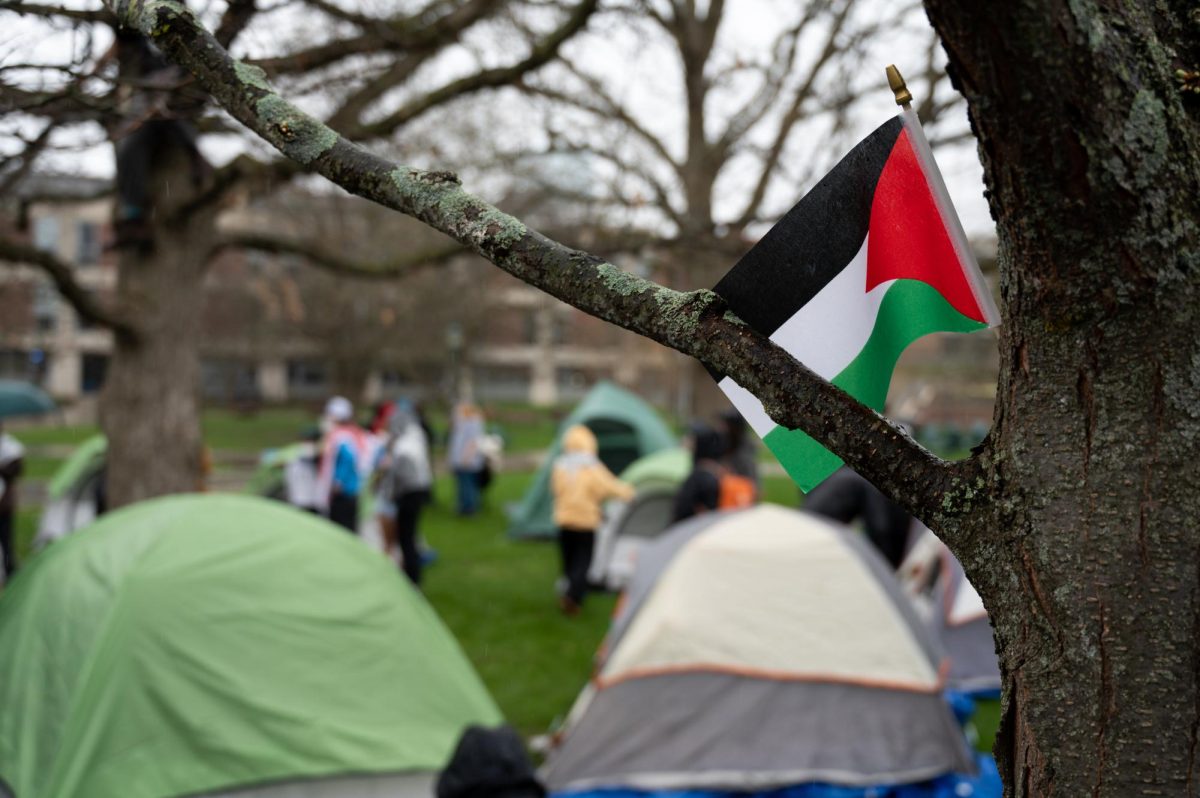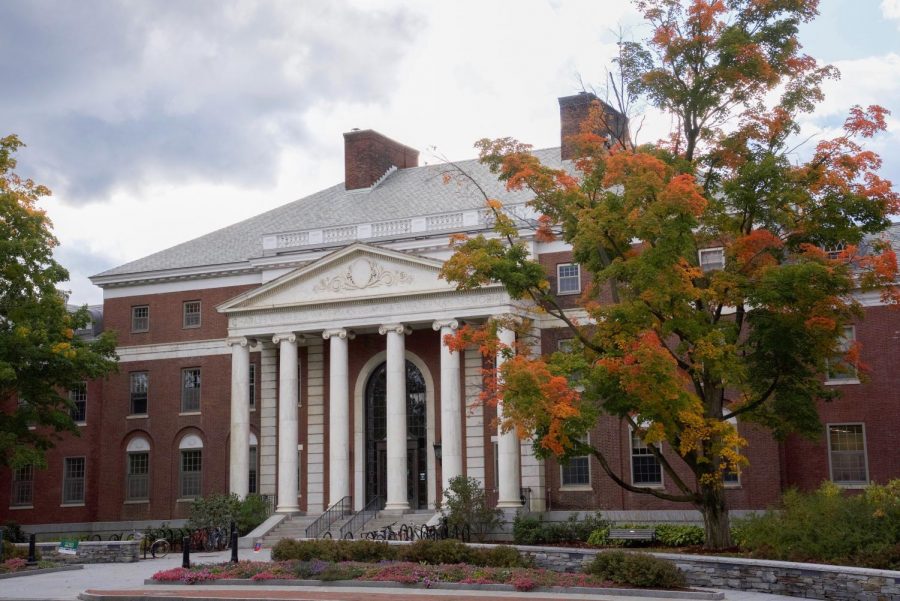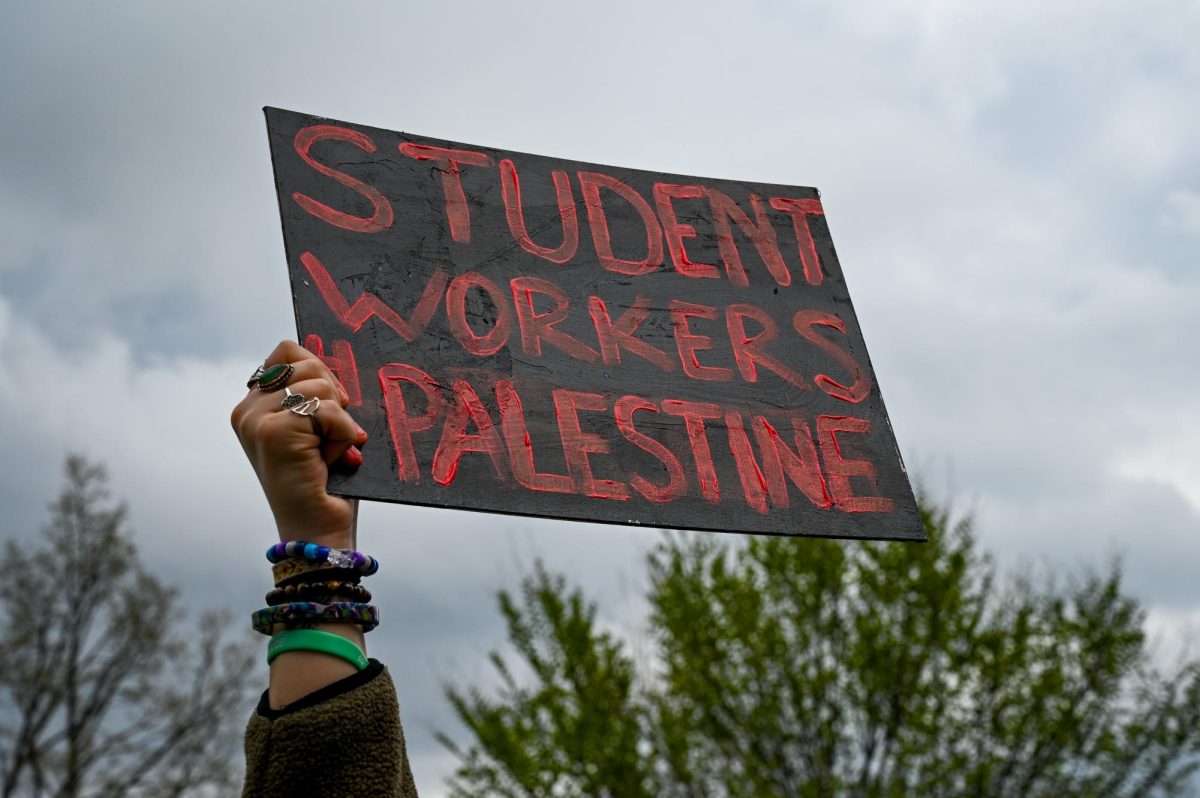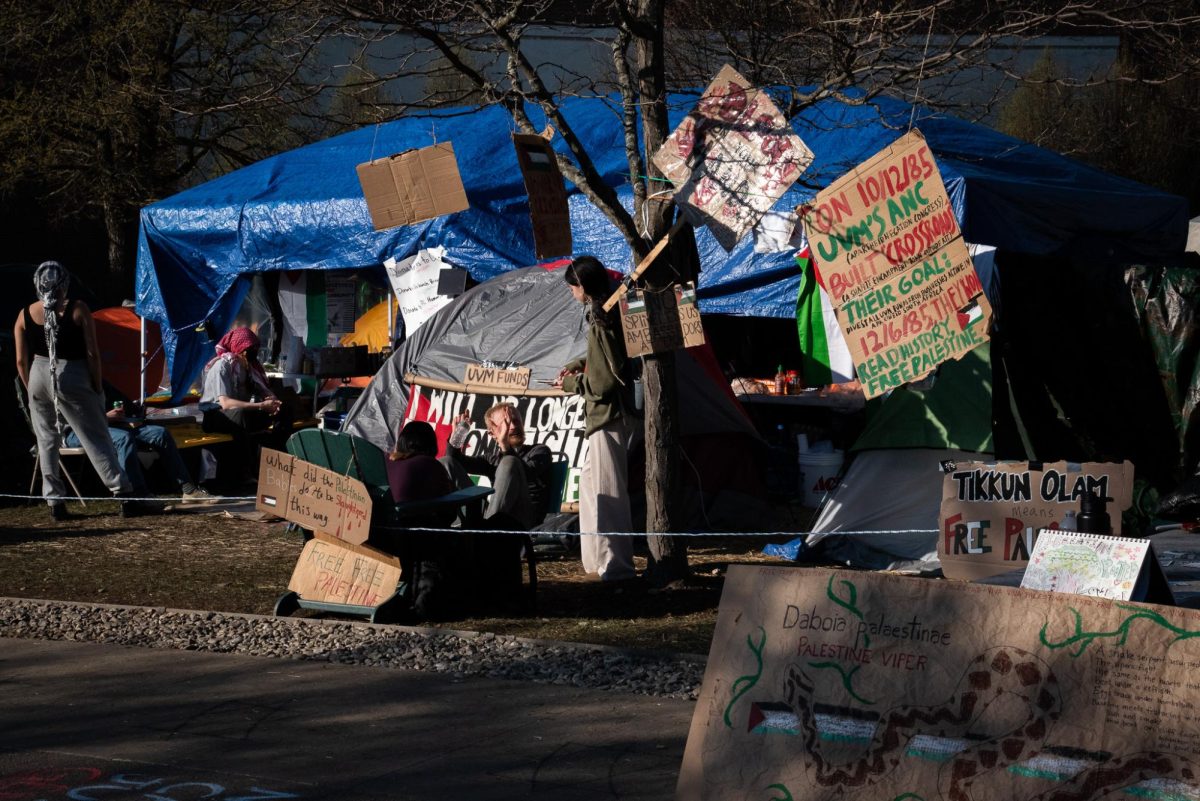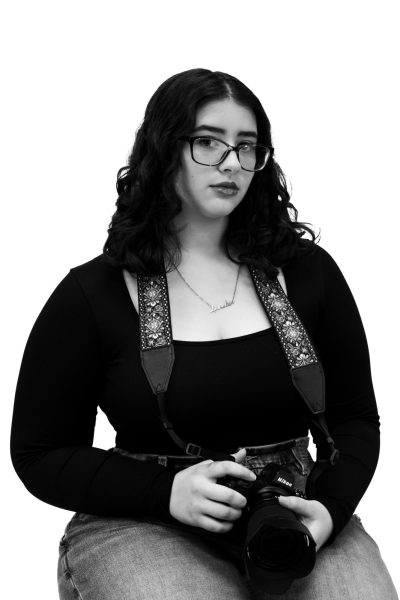The Israel-Palestine conflict has been widely discussed on campus since the Oct. 7 Hamas attack on Israel, being the subject of multiple protests and vigils.
In a survey of 471 UVM students conducted by the Cynic, 82% said that they found themselves more involved in the conflict since Oct. 7.
“As citizens, we have a responsibility to know what’s going on and to voice our own opinions on it,” said sophomore Lex Hedman. “Everyone deserves to be able to voice [their opinion].”
In the survey, 91.3% said that they had gained more knowledge on the conflict since Oct. 7.
“There’s so much misinformation going around, which is really dangerous,” said an anonymous student. “So I’m not surprised that people are kind of choosing sides and it’s become so polarized.”
While people use social media to obtain information on the issue, it is also easy to prioritize information heard from people one is surrounded by, said junior Thomas Waldman, a leader of Students Supporting Israel at UVM.
“So much of our generation gets their information through social media,” Waldman said. “Jews as a people constitute [a very small percent] of the world population, so we really don’t have the power to influence the algorithm in a very powerful way.”
Zoe Albion ’20 was a member of Students for Justice in Palestine, which had its resurgence during the 2018 backlash surrounding UVM’s funding of student trips to Israel, she said.
“I felt like it was a moment that seemed really critical to kind of join together and stand up for our beliefs and for pro-Palestine,” she said.
Albion expressed concern over the growing efforts made both directly and indirectly by Israel to combat student activism, she said.
“There are several groups that use college students to lobby for Israel in the U.S.,” Albion said.
Albion noticed there was also a rise in “doxxing,” the revealing of home addresses and identities of student activists, by pro-Israel groups like the Canary Mission. This increase led to Albion recognizing the necessity of student activist groups like SJP, and joining in their activism, she said.
“Palestinian liberation is an intersectional issue,” Albion said. “Palestinian students in Gaza can’t attend a bombed-out university from instructors killed in drone strikes, and certainly they can’t study without food or water. […] My true belief on this issue is like, you can’t be free until everyone is free.”
Albion is also a signature on the UVM Alumni’s open letter to the administration, which calls for the end of the institution’s investments in Israel.
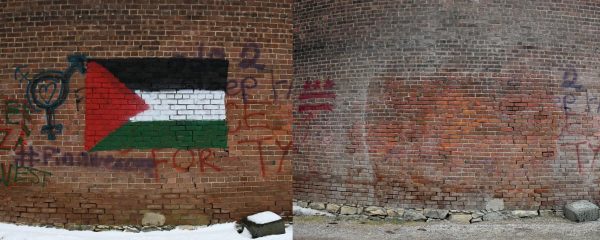
First-year Jesse Bender, a member of SJP, encourages those who support Israel or align with pro-Palestinian activism with antisemitism to look at the bigger picture of the issue at hand, they said.
“By centering Israel as a victim, they’re ignoring what’s going on in Palestine and ignoring the massive injustices that are happening, which feels like a very privileged position to be able to take,” Bender said.
Students who support Israel, especially those who are also Jewish, share concerns for their own safety on campus and in the world as antisemitic hate crimes in the U.S. increase.
“I know a lot of Zionists that felt extremely ostracized and isolated, especially because so many of us came into UVM with the understanding that it was an immensely progressive and tolerant school,” Waldman said.
An anonymous first-year shared that they started wearing their Jewish star necklace tucked in following the Oct. 7 attacks.
“While my friends [in Israel] were fighting, being attacked, injured, killed and raped, I was trying to represent them the best I could,” they said. “And I got picked on for it because I’m Jewish […] it’s something I can’t go a day without thinking about.”
They also expressed concern over those who called for Vogel’s resignation after he made comments through the Hillel Instagram that denounced students supporting Palestine, they said.
“[Hillel is] the only safe place that we have right now as Jews,” they said. “And the fact that people are calling for it to be dismantled because of Zionism? No. You don’t like Jews, and that’s bizarre, but we’re not going anywhere.”
There are also groups of Jewish people who push for the end to Zionism, most notably through groups like Jewish Voice for Peace.
UVM Jews for Liberation takes a similar stance to JVP by advocating for Palestinian rights and creating a safe space for Jews who do not feel welcome in Zionist Jewish spaces.
“We just want a Jewish community on campus that’s not attached to Israel or Hillel in any way,” said the anonymous leader of Jews for Liberation. “[We] hope that people who attend the club understand that Jews can hold many perspectives, and that Jews have different connections to Israel in many ways.”
UVM Jews for Liberation urges Jewish students to do their own research to form their opinions, regardless of what their parents believe, they said.
“It’s not that [anti-Zionist Jews] don’t want Jewish people to be safe [or] have a country where we are safe,” the same leader of the group said. “It is that the way that Israel was founded is just corrupt. I think Jewish people as a people deserve safety, but not at the expense of somebody else—of Palestinians.”
They also discussed that, as Americans, we should focus on our privilege and speak out for those who are oppressed.
“So much of [the U.S.] government’s money goes to Israel,” they said. “While people in this country still can’t afford rent, don’t have health care, don’t have access to things they need.”
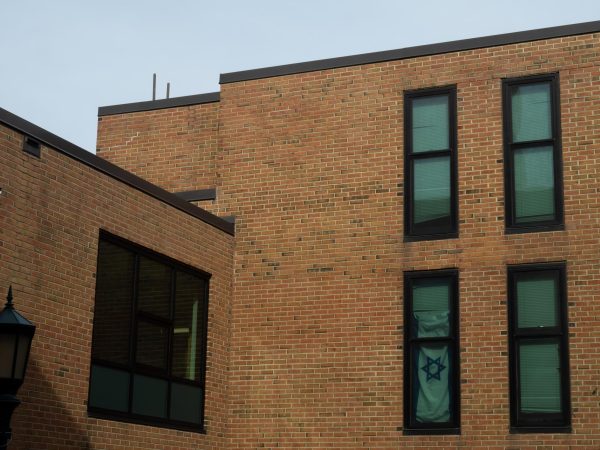
(Alex Strand)
Junior Jake Chan, an exchange student from London, shared that people of color are also affected by Zionism because of its relation to colonialism, he said.
“As a person of color, I’ve had conversations with other people of color and suddenly it feels like our voices don’t matter,” Chan said. “I think that kind of level of censorship is really dangerous and scary.”
The amount of Israeli flags when he arrived in Vermont surprised him, since he had always heard that Vermont was progressive, he said.
For those who aren’t Jewish, Palestinian or hold personal connections to the area, Chan expressed the need for them to speak up for Palestinians and other oppressed voices, who are often underrepresented on UVM’s campus.
Dr. Ian Stokes also played a role in pro-Palestine activism, he said. He has been a member of Vermonters for Justice in Palestine for over a decade, and assisted students in preparation of the Report to the Socially Responsible Investing Work Group in 2011, a call for UVM’s divestment from aid to Israel.
“I think it’s awfully important to hear Palestinian voices,” he said. “If there’s a way through this polarization, ideally it’s to see all people over [in Israel or Palestine] and [in the U.S.] as human and focus on that humanity.”
Pro-Palestinian groups are often conflated with being antisemitic, Stokes said.
“The amazing thing is that a lot of Jewish organizations are also rejecting the Israeli government narrative,” he said. “That’s really powerful.”
Students should look beyond religious and social beliefs and learn about the history of the conflict, he said.
“At the beginning, hearing from my Jewish friends and about the Hamas attacks and not really knowing the history of it, I was very much on the side of Israel,” first-year James Daly said. “But now, considering the amount of people that are dying and being educated more in the history of it, I feel myself standing for Palestine.”
In the age of information, students, regardless of beliefs, reported difficulty finding unbiased explanations of the issue in American media.
“It’s kind of difficult to just get like an unbiased rundown of everything,” Daly said. “It’s easy for something to become editorial.”
Because it is difficult for students to find unbiased sources, UVM should provide more communities and resources to discuss the conflict that are unbiased, said an anonymous first-year member of SJP.
“I think there’s immense nuance to the situation and to approach any situation as complex as this as black and white is detrimental to all parties involved,” Waldman said. “I encourage anyone reading this to engage in difficult conversations and to be open to different viewpoints, because that’s the only way we find comprehensive solutions.”


